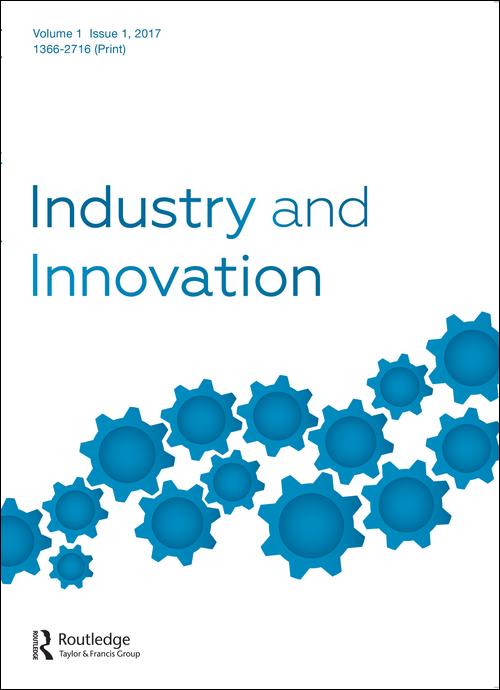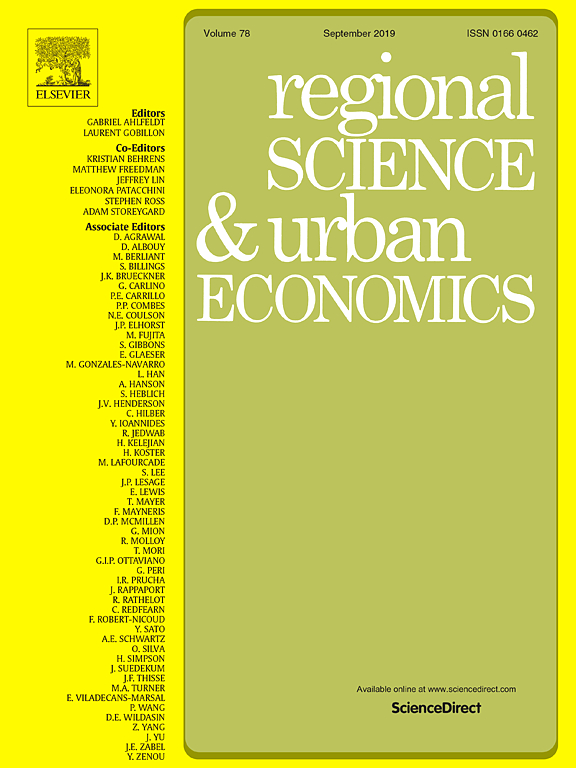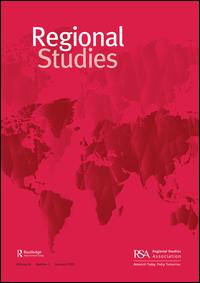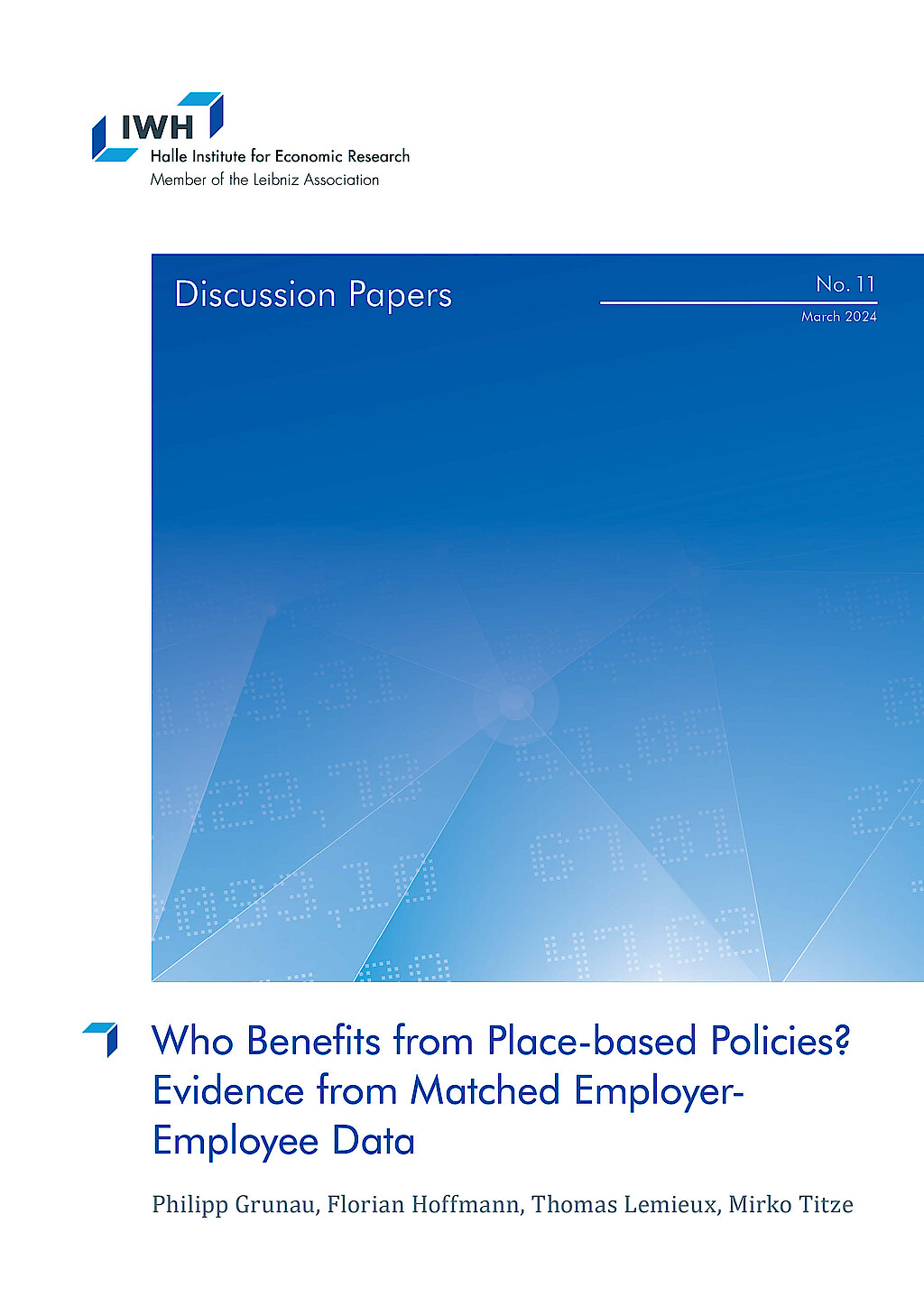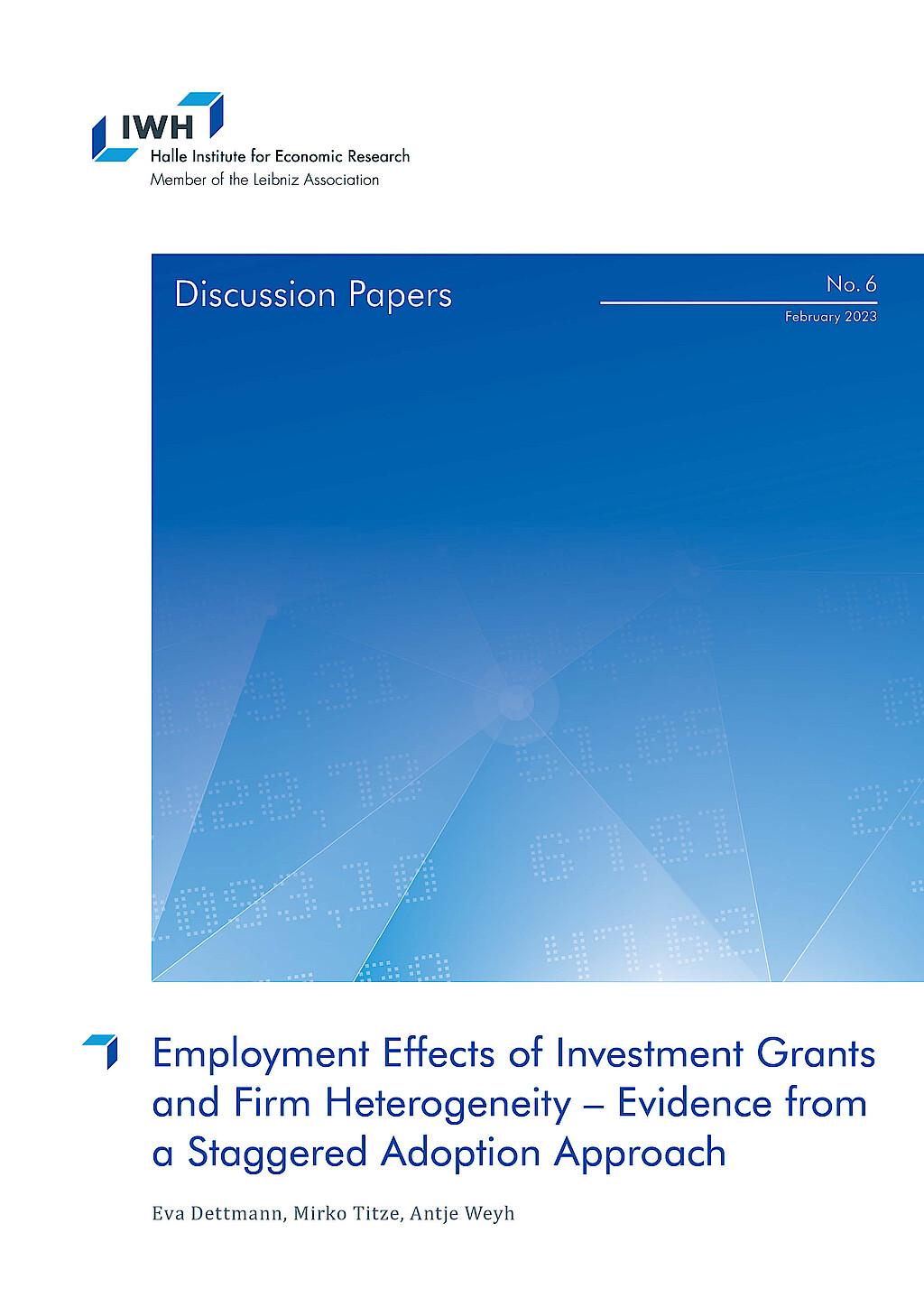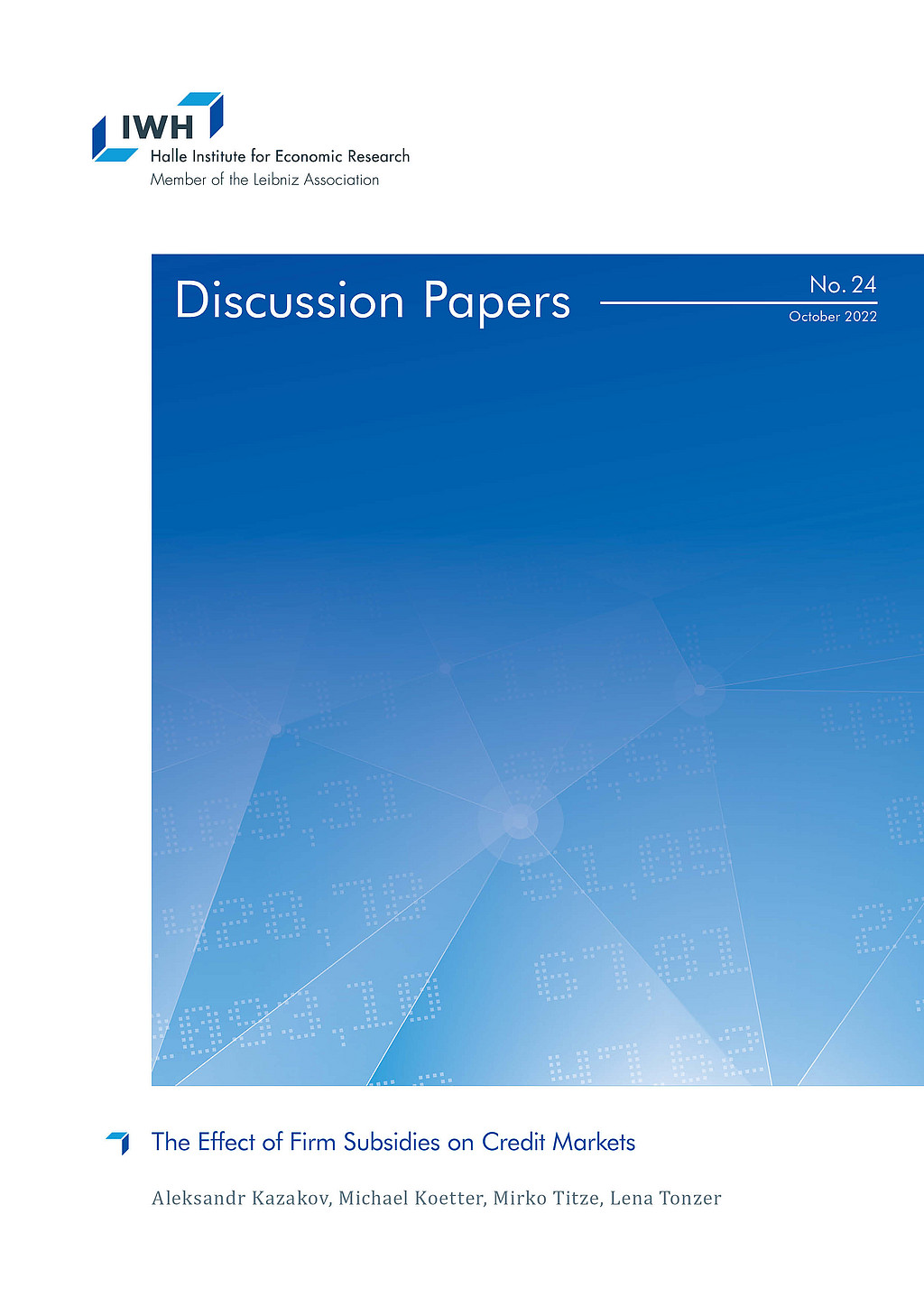PD Dr Mirko Titze

Current Position
since 4/14
Head of the Centre for Evidence-based Policy Advice (IWH-CEP)
Halle Institute for Economic Research (IWH) – Member of the Leibniz Association
since 1/13
Head of the Research Group Evaluation of Subsidy Programmes
Halle Institute for Economic Research (IWH) – Member of the Leibniz Association
Research Interests
- convergence of regional economic development (focus East-Germany, new EU members)
- efficiency of subsidisation in the EU
Mirko Titze joined the institute in 2006. His research focuses on impact assessment of subsidy programmes for firms and regions.
Mirko Titze graduated at the Brandenburg University of Technology Cottbus-Senftenberg and habilitated at the Martin Luther University Halle-Wittenberg. From 2011 to 2013, he worked as an interim professor at the chair of Regional Policy at the faculty of Spatial Planning at the TU Dortmund University (formerly Professor Dr Franz-Josef Bade).


